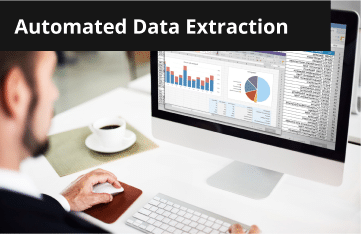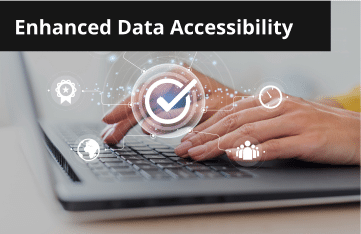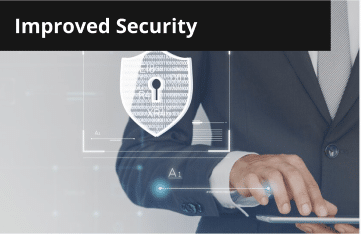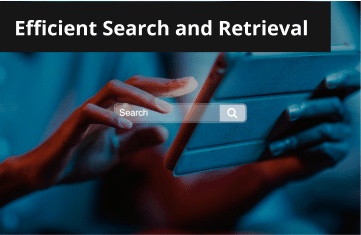Anyone in the records department for a municipality understands that preserving and accessing vital records cannot be overstated. Birth certificates, marriage licenses, death certificates, and other essential documents are the backbone of government operations and provide invaluable information to individuals and organizations. However, managing these records on paper can take time and effort. This is where machine learning steps in to revolutionize the way municipalities handle vital records. In this blog post, we will explore how machine learning technology makes digitizing vital records for cities easy and cost-effective.
The Challenges of Traditional Record-Keeping
Before delving into how machine learning is transforming the landscape, it’s essential to understand the challenges associated with traditional vital record keeping:
Paper-Based Inefficiencies
Storing, organizing, and retrieving paper documents is a labor-intensive process prone to errors, misplacement, and loss.
Limited Accessibility
Paper records can be challenging to access remotely, hindering timely responses to inquiries and requests.
Costly Maintenance
Physical storage, personnel, and maintenance costs for paper records can strain municipal budgets.
Data Security
Protecting sensitive information in paper records can be challenging, making them vulnerable to unauthorized access or theft.
Inefficient Search and Retrieval
Searching through paper records is time-consuming and often yields incomplete results.
How Machine Learning Addresses These Challenges
Machine learning technologies, such as natural language processing (NLP), computer vision, and data extraction algorithms, are invaluable in overcoming traditional record-keeping systems’ limitations. Here’s how:

Machine learning algorithms can analyze and extract data from paper records swiftly and accurately. This reduces the need for manual data entry, minimizing errors and saving time.

Digital records can be accessed remotely, enabling municipalities to respond to requests more efficiently. This accessibility also facilitates disaster recovery and backup processes.

Once records are digitized, the ongoing physical storage and maintenance costs are significantly reduced. Additionally, machine learning tools become more cost-effective as technology advances.

Digital records can be encrypted, protected with access controls, and backed up securely, reducing the risk of data breaches and ensuring compliance with privacy regulations.

Machine learning-powered search algorithms can quickly locate specific records, even if they contain handwritten text. This boosts efficiency and accuracy in record retrieval.
Practical Applications
Machine learning’s impact on digitizing vital records is not theoretical; it’s already used across many municipalities. Indeed, iTech uses it to extract and make data searchable and accessible for citizens of multiple cities.
Historical RecordsOld, fragile records can be digitized without compromising their integrity, ensuring that valuable historical data is preserved for future generations.
with Other SystemsMachine learning can facilitate the integration of vital records with other government systems, streamlining administrative processes.
By automating data extraction, enhancing accessibility, and improving data security, iTech, using machine learning, is helping governments streamline their operations, better serve their citizens, and preserve important historical records.
At iTech, we help cities, towns, and other municipalities make the most of their data with the right technology for each municipality’s unique needs. This may entail OCR with machine learning technology, cloud data storage solutions, and beyond. At iTech, our team has the experience and technology to help you achieve your vital records retrieval challenges. We invite you to contact us today to discuss your municipality’s vital records storage situation.






